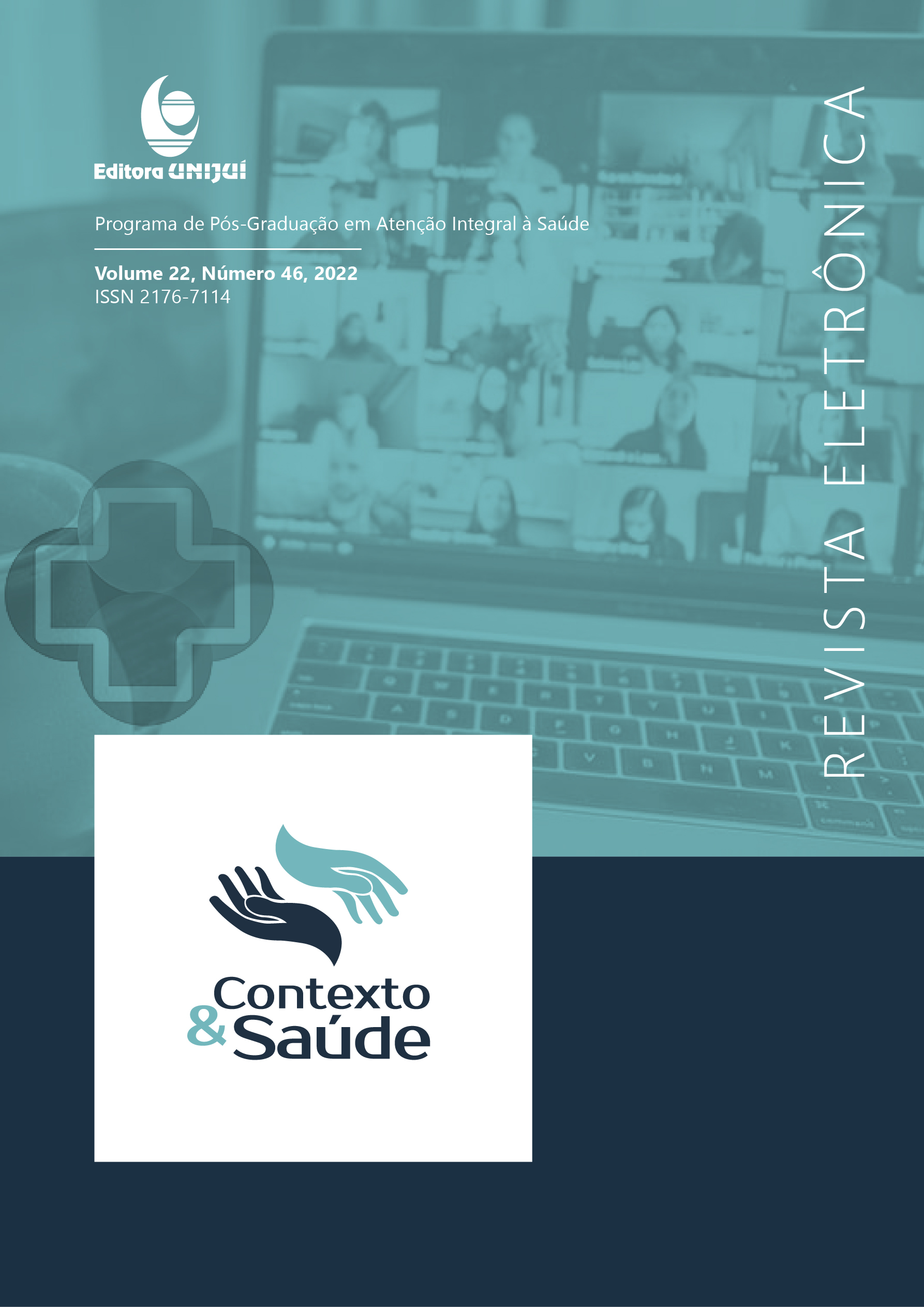Health and sexuality: contemporary approaches on education
DOI:
https://doi.org/10.21527/2176-7114.2022.46.13316Keywords:
Currículo;, Ensino Fundamental;, Educação para a saúde;, Sexualidade;, BNCC;Abstract
This article discusses teaching in relation to health and sexuality based on the National Common Curricular Basis (in portuguese, BNCC), approved in 2017 to guide the restructuring of the curricula of Brazilian schools. Educating for health goes beyond the adoption of healthy practices and educating for sexuality implies facing prejudices rooted in moral and religious principles that become obstacles to human formation based on ethics and freedom. The objective is to analyze how the BNCC is contemplating the themes of health and sexuality in elementary education, in order to problematize the teaching that is necessary to go beyond the biological perspective, towards the cultural and social issues involved in these themes. It is a qualitative study that uses the Content Analysis on the BNCC, constituting a corpus of analysis organized according to the a priori categories: health education and sex education. The results show that health education is present in the general competences and in the skills of three curricular components. The theme of sexuality, on the other hand, appears only in the 8th grade, in science teaching, and only one skill addresses sexuality from cultural and social aspects. The conclusions indicate that the document deals with health with relevance, from the perspective of promoting individual and collective health, while sexuality is limited and restricted, characterized by a biological view. This increases the challenge of teacher training and the construction of contemporary curricula.
Downloads
Published
How to Cite
Issue
Section
License
Copyright (c) 2022 Revista Contexto & Saúde

This work is licensed under a Creative Commons Attribution 4.0 International License.
By publishing in Revista Contexto & Saúde, authors agree to the following terms:
The works are licensed under the Creative Commons Atribuição 4.0 Internacional (CC BY 4.0) license, which allows:
Share — to copy and redistribute the material in any medium or format;
Adapt — to remix, transform, and build upon the material for any purpose, including commercial.
These permissions are irrevocable, provided that the following terms are respected:
Attribution — authors must be properly credited, with a link to the license and indication of any changes made.
No additional restrictions — no legal or technological measures may be applied that restrict the use permitted by the license.
Notes:
The license does not apply to elements in the public domain or covered by legal exceptions.
The license does not grant all rights necessary for specific uses (e.g., image rights, privacy, or moral rights).
The journal is not responsible for opinions expressed in the articles, which are the sole responsibility of the authors. The Editor, with the support of the Editorial Board, reserves the right to suggest or request modifications when necessary.
Only original scientific articles presenting research results of interest that have not been published or simultaneously submitted to another journal with the same objective will be accepted.
Mentions of trademarks or specific products are intended solely for identification purposes, without any promotional association by the authors or the journal.
License Agreement (for articles published from September 2025): Authors retain copyright over their article and grant Revista Contexto & Saúde the right of first publication.

